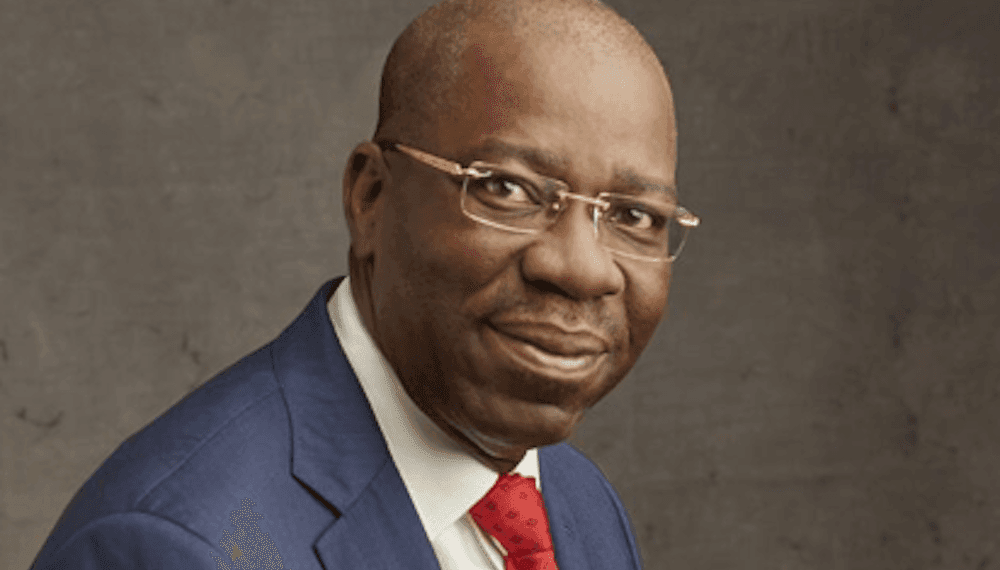By Isaac Olamikan
Edo State Governor, Mr. Godwin Obaseki, has urged more young people to join the global effort in preserving endangered indigenous languages by coming up with innovative ideas and developing new technologies to address the global concern.
Obaseki gave the charge in commemoration of this year’s International Mother Language Day marked by the United Nations Educational, Scientific and Cultural Organization (UNESCO) and its partner organizations with the theme, “Using technology for multilingual learning: Challenges and opportunities.”
The governor, who described languages as indispensable in propagating Nigeria’s rich cultural heritage and values, urged for increased collaboration among stakeholders to protect the country’s indigenous languages from extinction.
Read Also: Son allegedly kills father with pestle in Yobe
According to him, “This year’s International Mother Language Day is yet another opportunity to draw attention to the need to strengthen efforts at preserving and protecting our local languages from extinction, considering its huge implications on maintaining cultural diversity.
“While linguists, communicators, Information and Communication Technology (ICT) professionals and other global stakeholders intensify efforts at addressing this global concern, the youths must now unleash their digital fluency, creative thinking, and problem-solving skills to provide innovative solutions to the problem of languages going into extinction, which poses a serious threat to cultural diversity and multilingualism.
“We must leverage technology and the innovative potentials of our young people to advance multilingual education and support the development of quality teaching and learning for all,” the governor added.
Obaseki further stated, “As a government, we have taken deliberate steps to ensure that we preserve our local languages and will sustain these efforts by ensuring that dedicated teachers for languages are provided for across schools in the state through our Basic Education Sector Transformation (EdoBEST) programme, which has now been expanded to accommodate all levels of learning in the state.”
In a message, UNESCO Director-General, Audrey Azoulay said, “Technology can provide new tools for protecting linguistic diversity. Such tools, for example, facilitating their spread and analysis, allow us to record and preserve languages that sometimes exist only in oral form. Put simply, they make local dialects a shared heritage. However, because the Internet poses a risk of linguistic uniformization, we must also be aware that technological progress will serve plurilingualism only as long as we make the effort to ensure that it does.”






